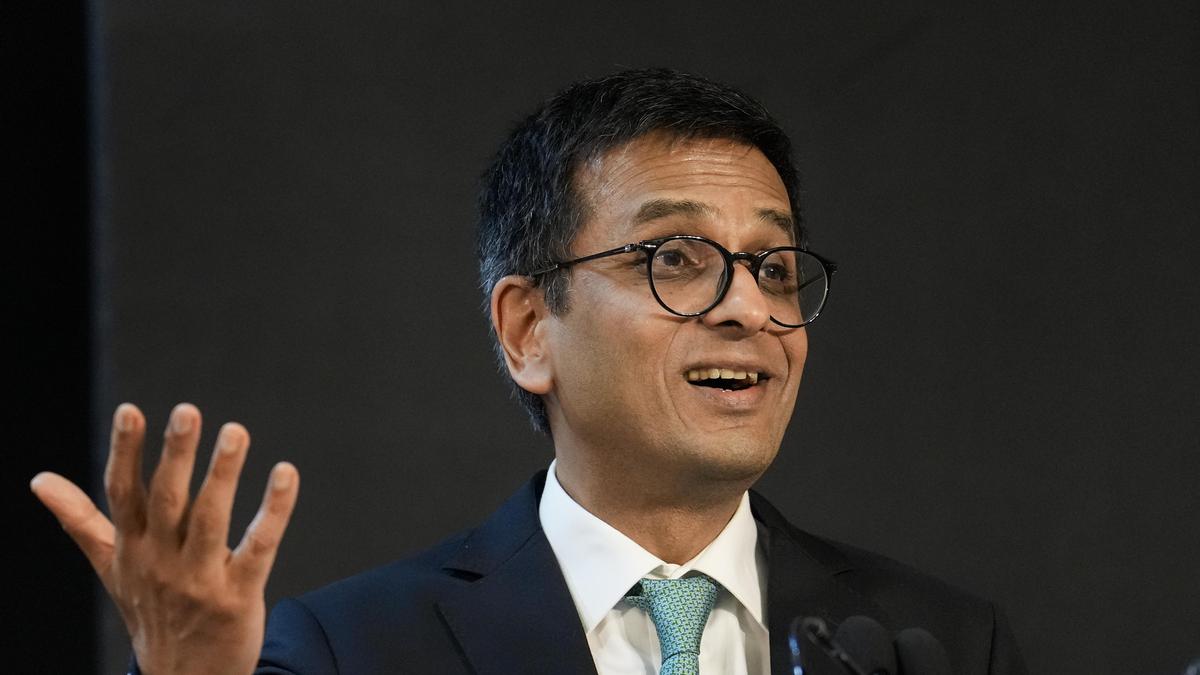
Editors Guild report on Manipur coverage may be right or wrong, but that is what free speech is all about: CJI
The Hindu
CJI Chandrachud said Editors Guild of India has right to free speech; FIRs against members lack basis; no offence made out under IPC; counter-views published on same web page; Manipur HC entertained PIL against EGI; interim protection from coercive action continues; Manipur government worries over narrative building. CJI questions if all journalists to be charged under IPC if reports wrong.
Chief Justice of India D.Y. Chandrachud on September 15 said the Editors Guild of India (EGI) may be right or wrong in its report about “partisan media coverage” of the Manipur violence, but it has a right to free speech to put forth its views in print.
The complaints which led to the registration of FIRs against senior journalists, the members and president of the EGI, did not contain even a “whisper of the offences alleged against them”, the Chief Justice said.
The Bench, also comprising Justices J.B. Pardiwala and Manoj Misra, gave the complainants two weeks to give an affidavit providing reasons why the FIRs against EGI president Seema Mustafa and senior journalists Seema Guha, Bharat Bhushan and Sanjay Kapoor should not be quashed by the top court.
“Tell us how any of these offences are made out from their report… Show us how Section 153A of the Indian Penal Code [promoting enmity between different groups] is made out. What is happening? They [EGI] are entitled to put forth their views. This is just a report. Where did you get all these offences from? Section 153A? You have said they have offended under Section 200 IPC [giving false declaration to a court]. Where did they give a declaration to a court? How is Section 200 implicated here?” Chief Justice Chandrachud grilled the complainants, represented by senior advocate Guru Krishnakumar.
The court, which had initially suggested shifting the FIRs to Delhi, upped the ante when the complainants repeatedly referred to the “damage done by the EGI” in Manipur by its report.
“Since you raise that issue, tell us first about how these offences are made out. File an affidavit. Put it on record. Tell us why the complaints and the FIRs should not be quashed… The Army wrote to the EGI saying there was partisan reporting being done in Manipur. The EGI sends a team of senior journalists to the ground to intervene and find out. They submit a report… They may be right or wrong, that is what free speech is all about,” the Chief Justice reacted.
Chief Justice Chandrachud said that media reports may go wrong. “Will you charge all journalists under Section 153A then?” he asked.













